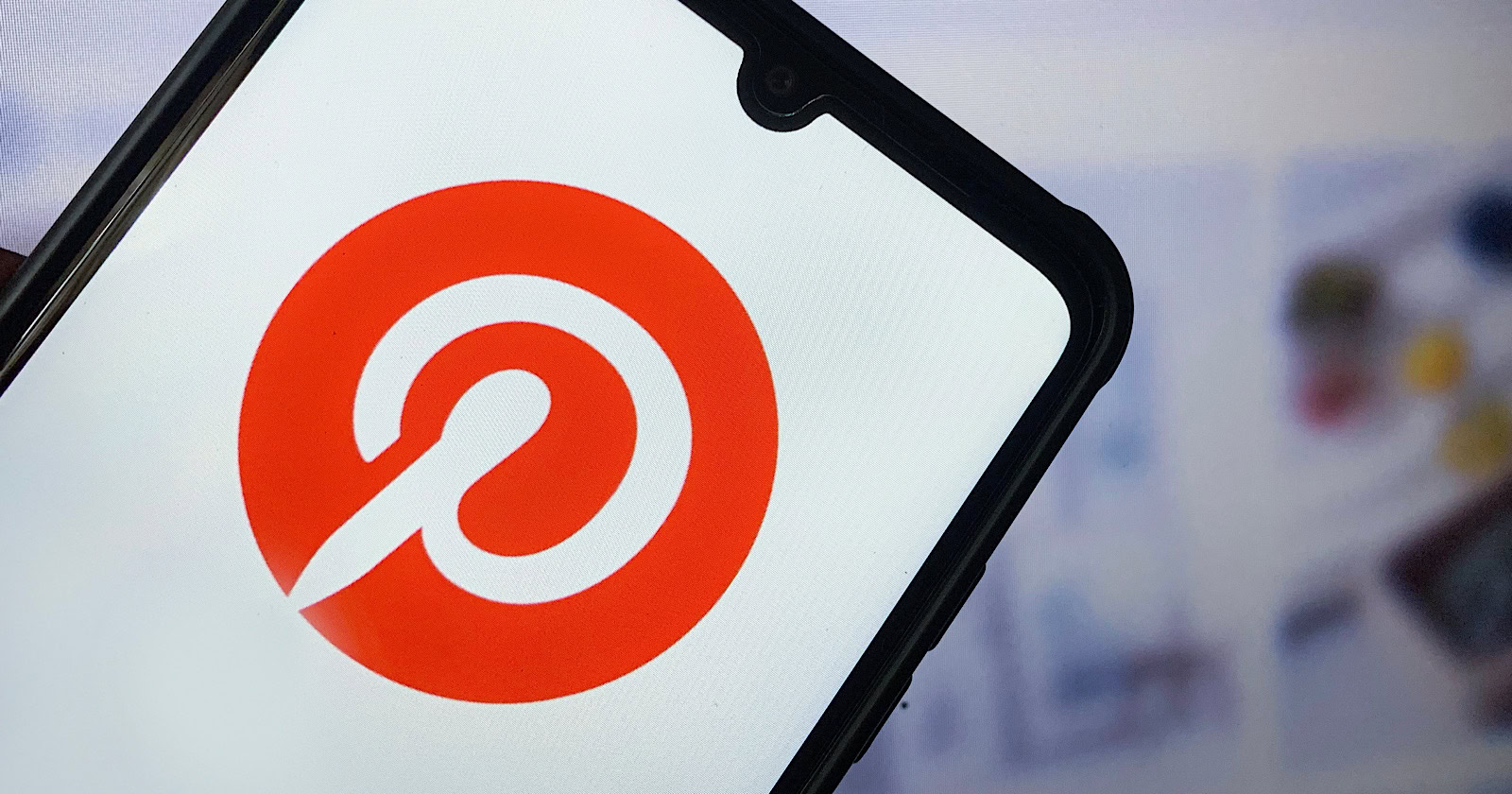Google and DOJ return for round two of their antitrust fight — this time about ads
Illustration: The VergeGoogle and the Justice Department are set for a rematch of sorts on Monday when they return to court to argue about Google’s alleged monopolistic behavior over how ads are bought and sold on the internet. The...
/cdn.vox-cdn.com/uploads/chorus_asset/file/24016885/STK093_Google_04.jpg)
Google and the Justice Department are set for a rematch of sorts on Monday when they return to court to argue about Google’s alleged monopolistic behavior over how ads are bought and sold on the internet.
The DOJ is fresh off a win in its search antitrust case against Google, where a federal judge in Washington, DC, agreed that Google had illegally monopolized the online search market. This time, the two parties will argue before a different judge in Virginia about whether Google has also illegally monopolized markets for advertising technology.
“This is kind of a one-two punch,” says Vanderbilt Law School antitrust professor Rebecca Haw Allensworth. “Google is probably licking its wounds from having lost the last one. And it would be bad for it to lose this one, for sure.”
A loss in either case still wouldn’t mean the “end of Google,” Allensworth says. But for the government, “a second win could be real momentum in their project of going after Big Tech monopolies.” And in particular, she adds, it would validate the DOJ’s focus on vertical integration: the way that different business lines can be leveraged to grow a company’s dominance.
What the case is about
The DOJ is arguing that Google illegally monopolized the market for ad tech tools across the ecosystem. That includes the demand side of ad networks for buying space on websites, the supply side of publisher ad servers for hawking advertising inventory, and the exchanges like Google AdX that sit between the two.
The government says that Google exerted “a campaign to condition, control, and tax digital advertising transactions over 15 years” by illegally tying its tools together and excluding rivals from being able to fairly compete. The suit describes it as a ripple effect that began when Google built advertiser demand through its dominance in search. Then, Google bought publisher ad server DoubleClick in 2009, giving it a large publisher base that sought to connect with advertisers in its ad network, plus a nascent ad exchange. Once Google controlled all sides of the market, the DOJ alleges, it took exclusionary action to mutually reinforce its monopolies, including by manipulating ad auctions to give itself an advantage and placing unfair conditions on accessing its tools.
Google, on the other hand, says the government is basically looking to punish it for creating valuable tools with efficiencies that benefit publishers and advertisers who use them. It says the government’s view of the market doesn’t reflect reality and ignores vigorous competition it faces and the innovations it’s created to make its tools attractive to customers.
The case involves a highly technical market with lots of complicated tools and processes that most regular consumers — likely including the judge — don’t encounter every day. For that reason, Allensworth says, “a lot of it’s going to come down to who’s the best storyteller.”
The trial was initially going to be heard by a jury, but it’s now a bench trial after Google cut a reportedly $2.3 million check for what it said was the “maximum amount of damages” the government claimed in an effort to moot the jury demand. Google notably lost a recent antitrust jury trial to Epic Games in California.
The case is expected to last several weeks and will feature witnesses across the advertising and publishing industries. Some of the witnesses the DOJ said it could call include YouTube CEO Neal Mohan (who used to work on Google display ads), The Trade Desk chief revenue officer Jed Dederick, and BuzzFeed chief business officer Ken Blom. (Ryan Pauley, president of revenue and growth at The Verge’s parent company, Vox Media, is also listed as a potential witness.)
What Google and the government will argue
A key point of contention is whether the government is seeking to force Google to deal with its competitors. In Verizon Communications, Inc. v. Law Offices of Curtis V. Trinko, the Supreme Court said that generally US antitrust law does not require firms to deal with rivals. When it comes to a duty to deal and litigating Google’s product design choices, Allensworth says, “the law there is very unfavorable for the government.”
Because of that, Allensworth says, “the government is sort of desperate to not frame this as a duty to deal, product design case when it comes to the conduct that’s being alleged.” Instead, the government will seek to “highlight the kind of shenanigans that Google got up to” and the short-term sacrifices it made to solidify its dominance.
The government will seek to “highlight the kind of shenanigans that Google got up to”
One of those “shenanigans” is how Google handled a strategy known as header bidding. Through header bidding, publishers figured out that they could send their ad calls to other ad exchanges before going to Google’s to maximize the bids on their inventory. Recognizing this as an “existential” threat, according to the DOJ, Google created “Open Bidding,” which required publishers and ad exchanges to give it visibility into how rival exchanges bid. The DOJ alleges that Open Bidding actually gave Google more insight into auctions, helped it extract more fees, and “disintermediated rival ad exchanges from their own publisher customers.”
Google “did its darnedest to … make it really hard to simultaneously have header bidding and also still get the most out of your relationship with Google as a publisher,” says Evelyn Mitchell-Wolf, a senior analyst at Emarketer who covers the US digital ad market.
To explain why Google’s refusal to play with rivals’ products is wrong, the government may try to align its arguments with a different Supreme Court case, known as Aspen Skiing. In that case, a company bought three of four mountains in Aspen, Colorado, then discontinued a pass arrangement that gave skiers access to all four mountains. While there’s no duty to deal, the court found that the company sacrificed short-term profits to hurt its rival and grow its own dominance.
“Google will try to say, we never dealt with these other companies, our rivals, in any way that we changed,” Allensworth said. “And then the government’s going to try to come back and point to various things and frame them as a change in policy.”
For the publishers and advertisers who rely on Google’s tools, a ruling against the company (depending on the kinds of remedies determined) could lead to a very different way of doing business. Mitchell-Wolf says there could be plenty of “logistical headaches” if the Google ad tech stack were broken up, as these players would need to find alternatives that work well together in the short term. The longer-term hope of the government would be that such an action would revive competition in the industry. And some advertisers and publishers would “breathe a little bit of a sigh of relief,” Mitchell-Wolf says, to be able to loosen their reliance on Google.

 ValVades
ValVades 
































